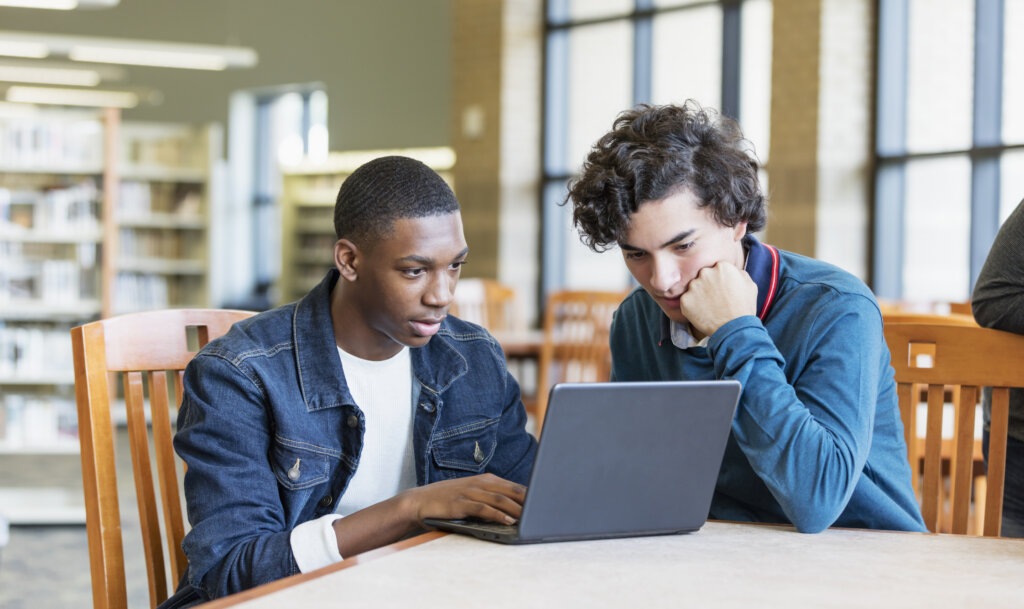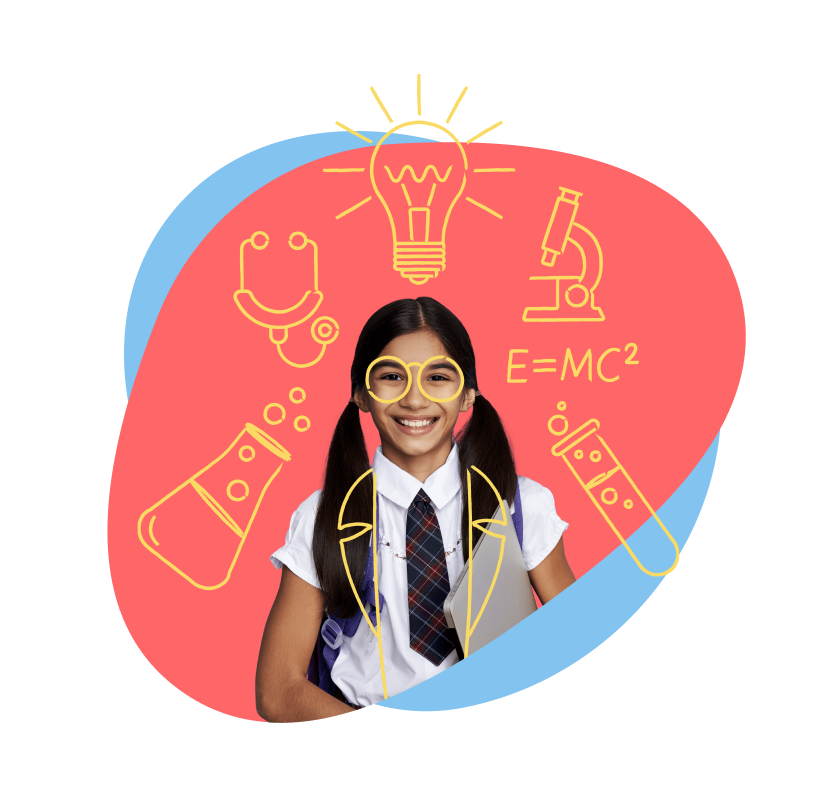The Olympic Games are underway and many are watching the breathtaking feats of the athletes with awe and admiration. While most of us will not become professional speed skaters or ski jumpers, there is something very important we can learn from watching the athletes perform: success takes hard work and determination! No athlete gets to the Olympic Games without tons of practice and training, working through setbacks, and pushing themselves towards their goal even when every ounce of energy they have is gone.
So what does this have to do with learning? Athletes have to train their bodies for success, and students have to train their brains for success!
Wait… brains are trainable?
Yes!
Here are some tips for training your brain to learn better!
1. Think Actively: Active thinking means actively participating in the thinking process—paying attention to thoughts, engaging in the learning process, making connections, and staying focused. Thinking actively is a skill just like any other, and the more it’s practiced, the more likely it will become second nature. Make it part of your brain-training routine!
More active thinking tips
2. Disconnect: Technology is great for keeping us connected, but without offline time, our brains begin to constantly crave the immediacy of clicking around on the Internet, making it more difficult to stay focused and ignore tech distractions. Logging off (completely!) can be a difficult adjustment, but a little offline time every day is necessary, especially before bed. Train your brain to focus on something other than a screen!
More on how tech effects our brains
3. Study—The Right Way: Small changes to study habits can make a huge difference in how your brain processes, remembers, and recalls information. Exercising before hitting the books, creating study notes, and listening to classical music while reviewing can all help train your brain to learn better, as well as many more study tricks that will be a big help come test day.
Read more study tips
4. Learn All Year Long: Athletes train straight through the offseason to remain in top form, and students need to do the same. Schools may break for the summer, but brains need to learn all year long. It doesn’t take a lot of work to keep your brain active over the summer break, and it’s integral to retaining information from the last grade and getting a jump start on the next.
Summer learning Myths
Navigate high school like a pro—check out the full guide here.






